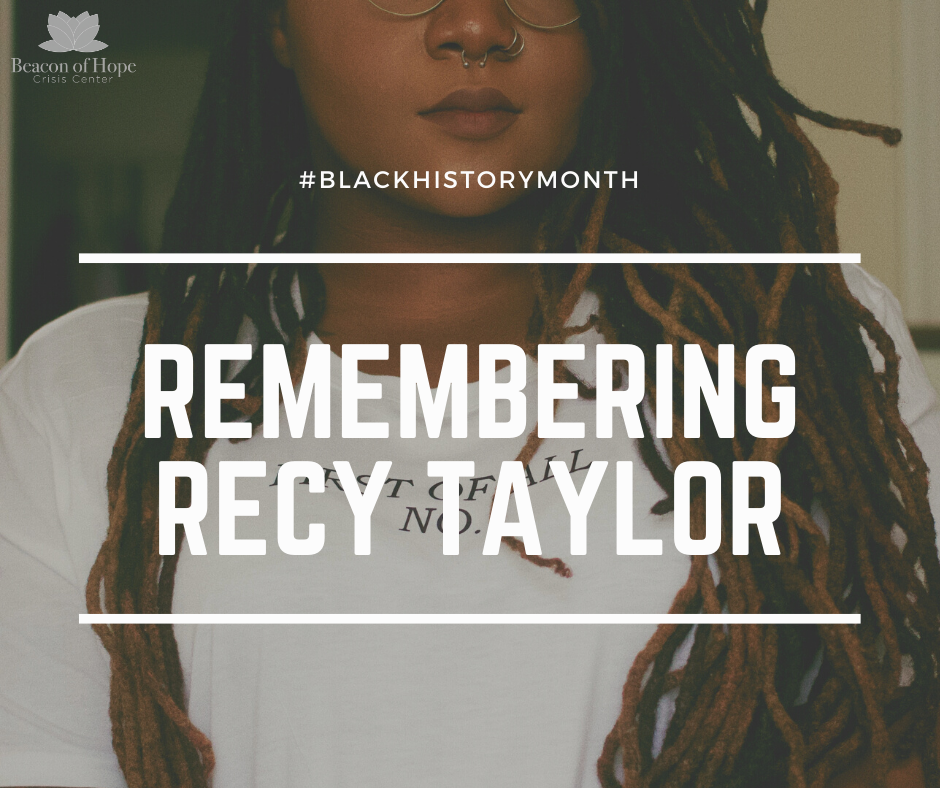|
By: Hayley McIntosh Did you know that February 20, 2022, marks the beginning of the annual week dedicated to boosting awareness around the crimes committed against animals? This week encourages the understanding of animal cruelty, educates people about laws regarding animal abuse and how to prevent it, and shares how we as humans can work together to create stronger regulations preventing animal cruelty. It is more important than ever to bring awareness to this issue because of the increased animal cruelty cases we’ve seen since the beginning of the COVID-19 Pandemic, especially in households where domestic violence is occurring. Since it began, there has been a spike in animal cruelty claims that have doubled since 2020. Many people have adopted a pet during the crisis, but unfortunately, have lacked in caring for them properly or providing them with the resources needed (1). This week is important for Beacon of Hope Crisis Center because of the relevance it has to our Foster Pet Program. The Foster Pet Program was created to help victims of domestic violence and/or sexual assault actively fleeing with pets. This program temporarily places pets in safe homes while their owners seek immediate safe shelter and works towards finding permanent housing to be reunited with their pets. It has been proven that 55% of domestic violence victims and their children report that their pets are important sources of emotional companionship, resulting in violence toward pets that may be especially devastating and viewed as another form of family violence (2). The victim’s pets can be utilized as a form of control in getting the victim to stay. In fact, 87% of batterer-perpetrated incidents of pet abuse are committed in the presence of their partners for revenge or power (3). The overarching goal of the program is to support victims of domestic violence and/or sexual assault, as they leave their abusive relationships by providing temporary care for their pets. Our FPP allows a period of healing for victims while their pets are safe with a foster family. It is a motivator for the primary victim to get motivated to be reunited with their pet/s. The program also educates victims, our community partners, and the general public on the direct link between domestic violence and pet abuse. This program is so important because most shelters do not allow pets and victims are faced with difficult decisions regarding the beloved pets. They must either surrender their pet/s, leave their pet/s behind because they cannot take their pet/s with them to a shelter or to a family member/friends’ home; or stay with their abuser for fear what will happen to their pet/s. 52% of victims in shelters left their pets with their abusers because they felt like they had no other choice (4).When victims are aware of services available to them and have access to these services, lives are saved, both human and pet. When our community partners are educated on the link between domestic violence and pet abuse, they can assist with intervening timely to safely remove pets from abuser’s care and connect the victim to our agency for services. When the general public is aware of the link, they are helping to save lives through direct referrals, volunteering, becoming a foster for the program, providing donations or collaborating with BOHCC on some other capacity such as free vet services for pet victims or food. We are always looking for more volunteer pet caregivers and volunteers for our Foster Pet Program. Click the link here to learn more about the process of becoming a foster family and how to volunteer as well as more information regarding our program and the link between domestic violence and pet abuse. You can also make a financial contribution to the program to show your support as well. Click here to donate today! By: Cheyenne Taylor This Black History Month, we want to highlight a prevalent issue in the Black community. Black women experience disproportionately high rates of sexual assault. Unfortunately, to add to that, for every Black woman that reports her rape, there are at minimum 15 Black women who do not report (1). There are a number of reasons why victims do not come forward after experiencing sexual assault. There can be a fear of retaliation, external pressures to keep silent, and even disbelief in the systems that are supposed to protect survivors.
Within the Black community, Black women have witnessed several high-profile cases that support their belief that they will receive no justice. One of the most prolific examples that support this belief is that of Recy Taylor. In 1944, Recy Taylor was abducted and raped by six white men, who then threatened to kill her if she ever reported. Courageously, Taylor still reported to the police and was even able to name one of her attackers, who named the others. Despite her report and despite the fact that some of the men confessed, none of the assailants were indicted during the two grand jury trials. Mrs. Taylor received threats during her entire fight for justice, including having her home destroyed in a firebomb attack (2). We recognize this painful history and the additional reasons why Black women are hesitant to come forward and share their stories. We also recognize that, for some, a lack of knowledge about the justice system can serve as a barrier to seeking justice. While the justice system has improved since Recy Taylor’s time, we understand that survivors still face barriers when seeking support. This is one of many reasons why our agency serves all survivors, regardless of race, gender, sexual orientation, or any other identifier. We are here to help Black survivors of domestic violence and sexual assault find healing and provide support on their journey towards self-sufficiency. We are also here to help explain the criminal justice system and to prepare survivors seeking justice every step of the way. To speak with one of our highly-trained advocates, please call our confidential crisis line at 317-731-6140. In the case of an emergency, please call 9-1-1. |
About this blog
This blog is about our domestic and sexual violence crisis center, Beacon of Hope. We hope you find it full of helpful information, motivation, creativity, serious facts and positivity. We hope that it will help you know what is happening in our center, in our community and with our events. We hope you follow our blog in support of our organization and our mission. Archives
October 2024
Categories
All
|
|
CAREER opportunities © 2024 Beacon of Hope Crisis Center Privacy Policy Accessibility Statement Training Portal Login |



 RSS Feed
RSS Feed